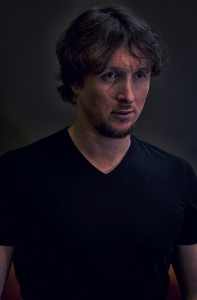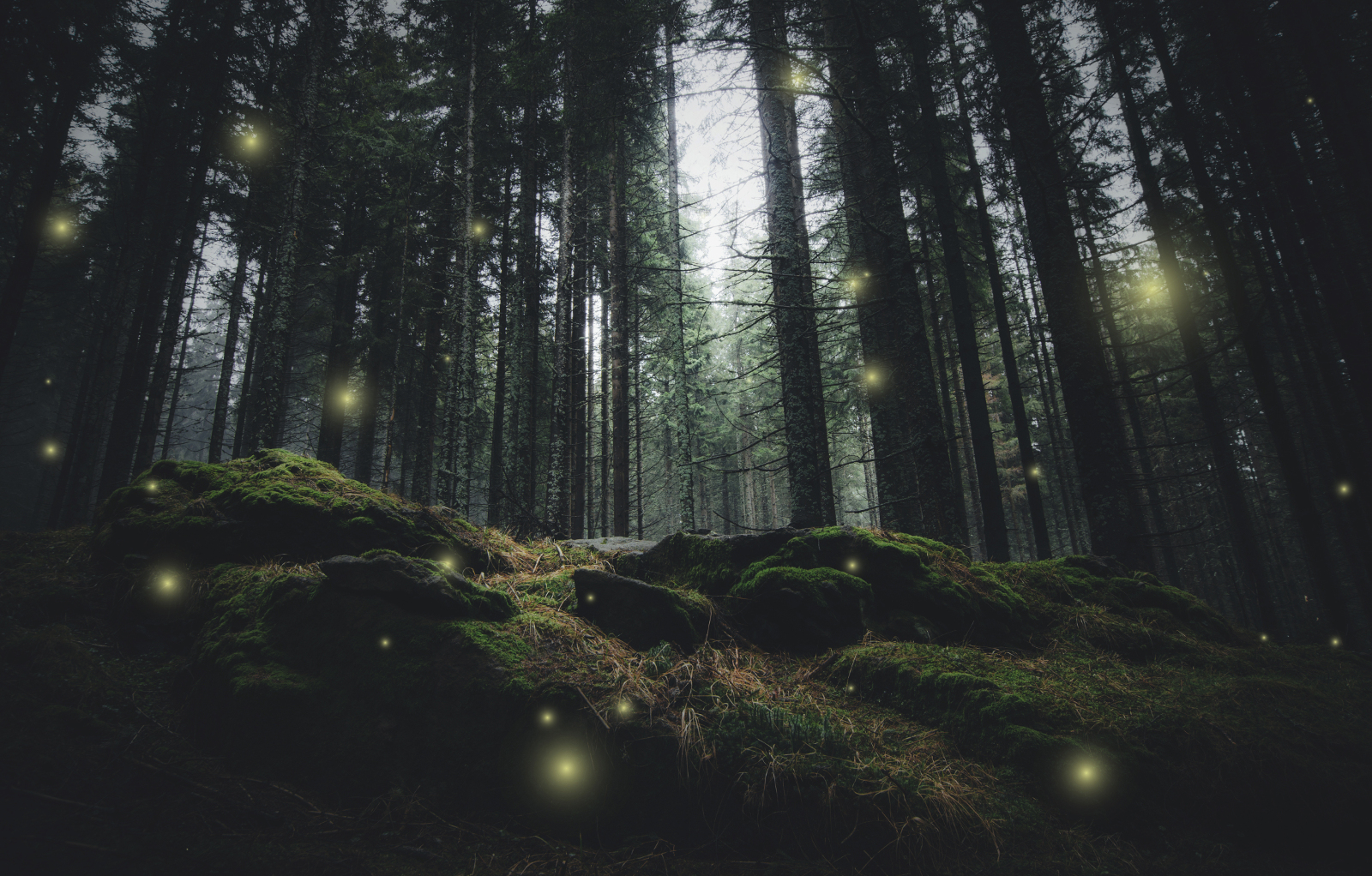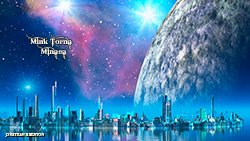 Other than the many great books I’ve read, I wanted to explore why I write, and I soon found that a lot of the clichés were true. It’s emotional economics: needs versus wants. If I didn’t write, regardless of publication, I wouldn’t be complete. I’d be half a person. If I were Tom Cruise, and writing was Renee Zellweger, I’d be saying ‘You complete me’.
Other than the many great books I’ve read, I wanted to explore why I write, and I soon found that a lot of the clichés were true. It’s emotional economics: needs versus wants. If I didn’t write, regardless of publication, I wouldn’t be complete. I’d be half a person. If I were Tom Cruise, and writing was Renee Zellweger, I’d be saying ‘You complete me’.
This does not mean writers place the craft above their loved ones. Far from it: people inspire books. It does mean that authors would be running on empty without the act of writing. The craft fuels us.
It’s okay to dream about that six-figure publishing deal, and it’s fine to imagine someone else enjoying your work, but even without these thoughts, authors would pick up the pen, turn on the typewriter, switch on the computer.
Time to delve deeper. Writing is cathartic. It can also be relaxing, but often exhausting. Part of me writes because I want to understand the crazy world in which we live. Dropping characters into situations, then exploring their reactions, helps me to better understand humanity. I passionately believe in love – the unlimited emotion. It can carry us through the inevitable hard times. That’s why it’s so important to work on loving yourself first. Then you’ll always have a safe room. I view love as magical. If it’s science, then science is magical. Love propels me through the first draft, it encourages me to rewrite the second, and forces me to polish the third and fourth, until I get it right.
One of my favourite quotes comes from Karl Marx (quoting Marx does not necessarily make me a socialist).
‘Life is struggle’.
Marx’s quote is true of writing too. And struggle isn’t a bad thing. If it’s not worth struggling for, then it’s not worth much.
Jonathan K Benton

